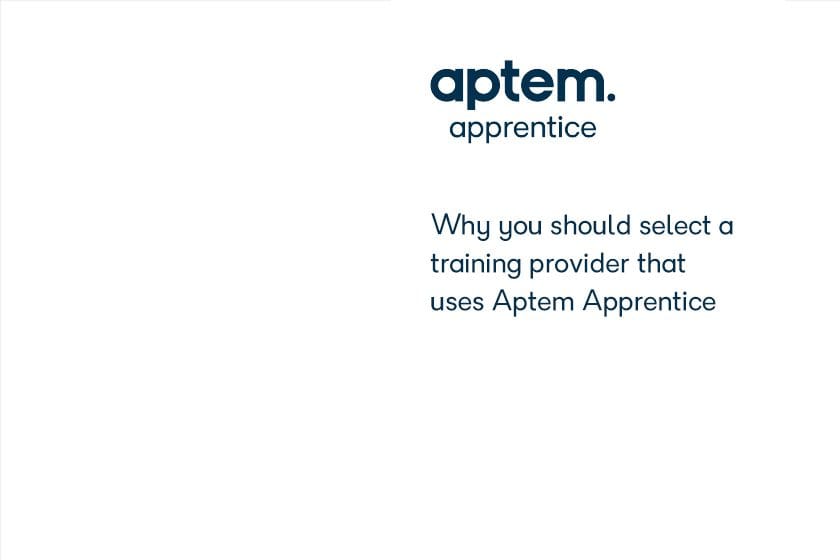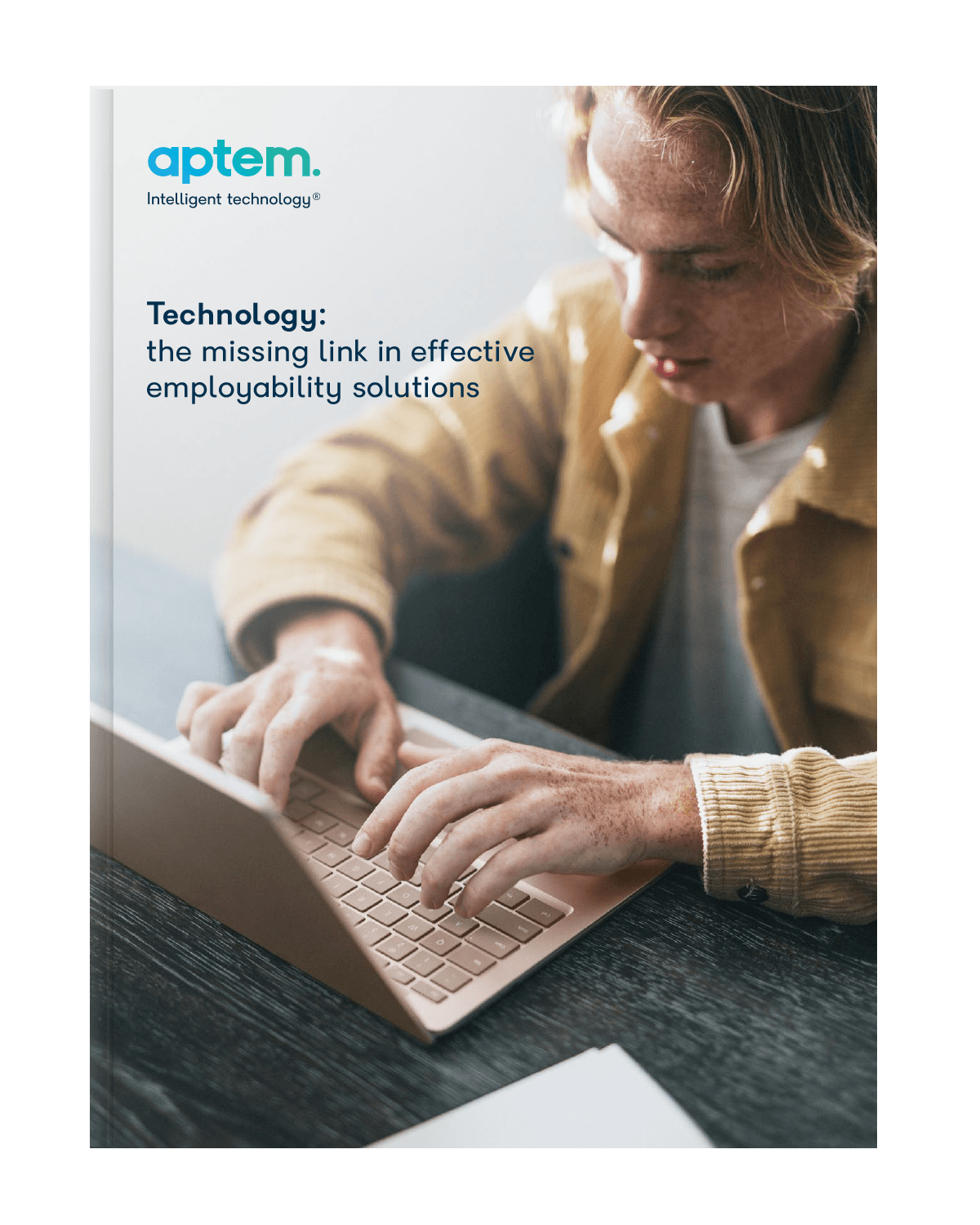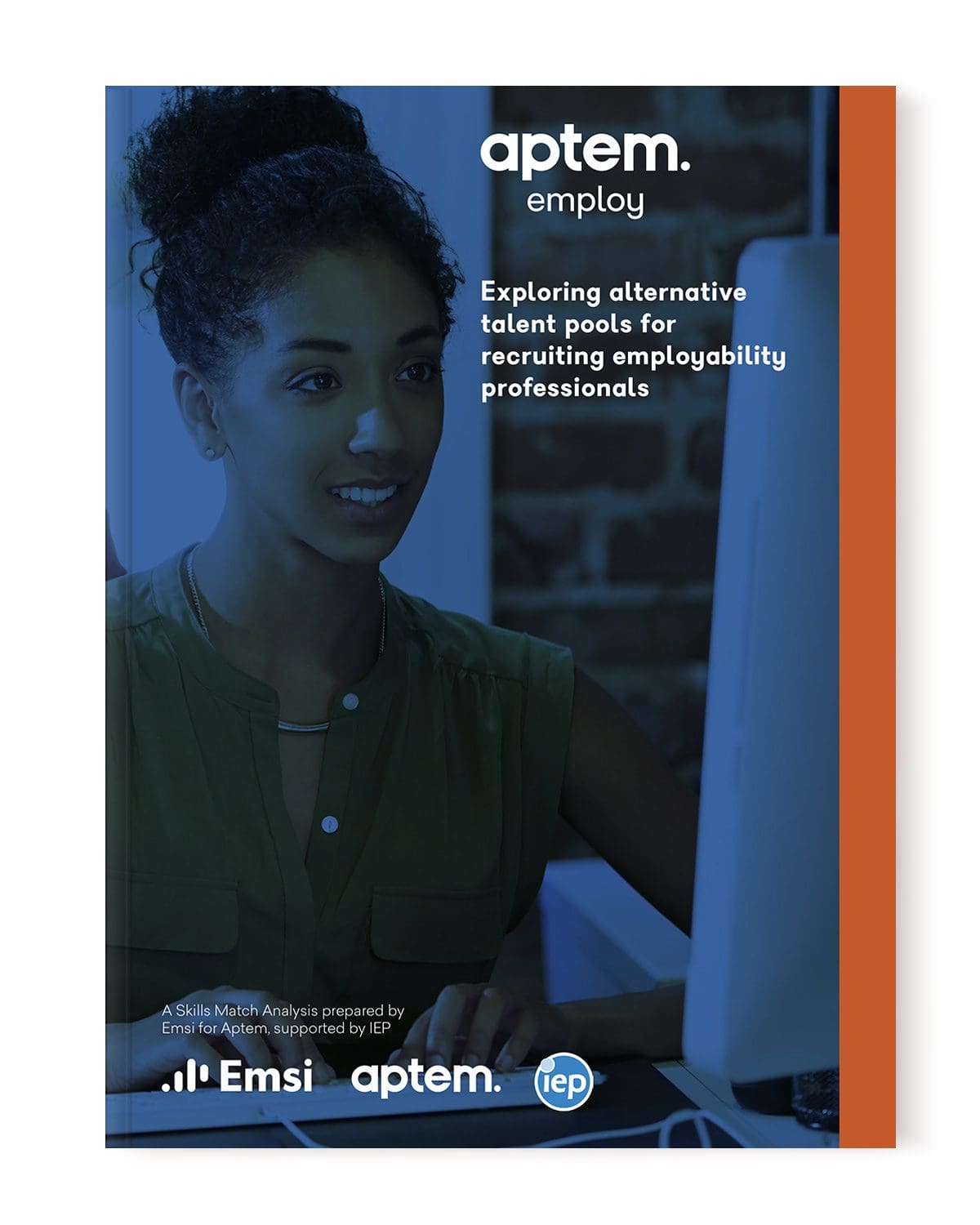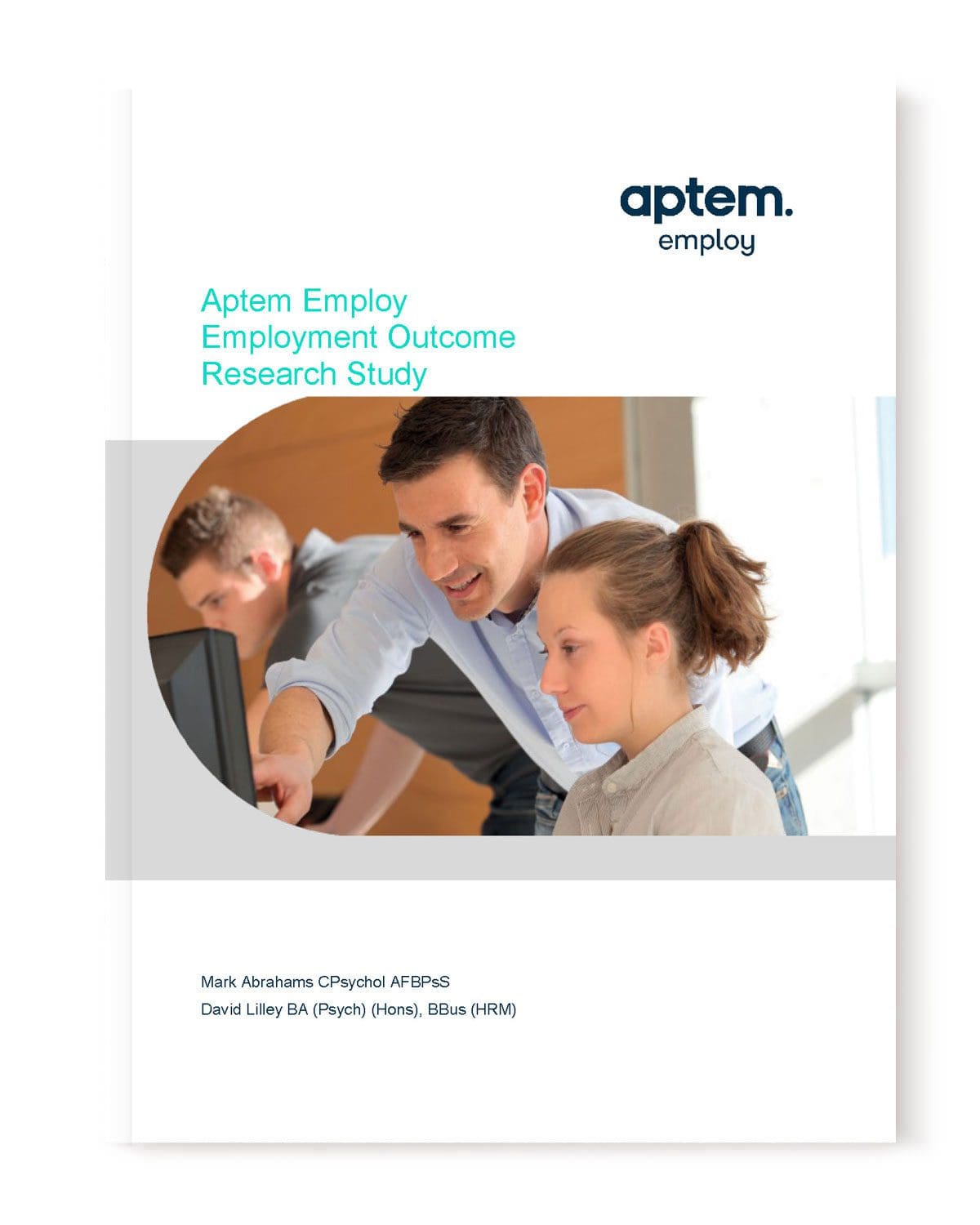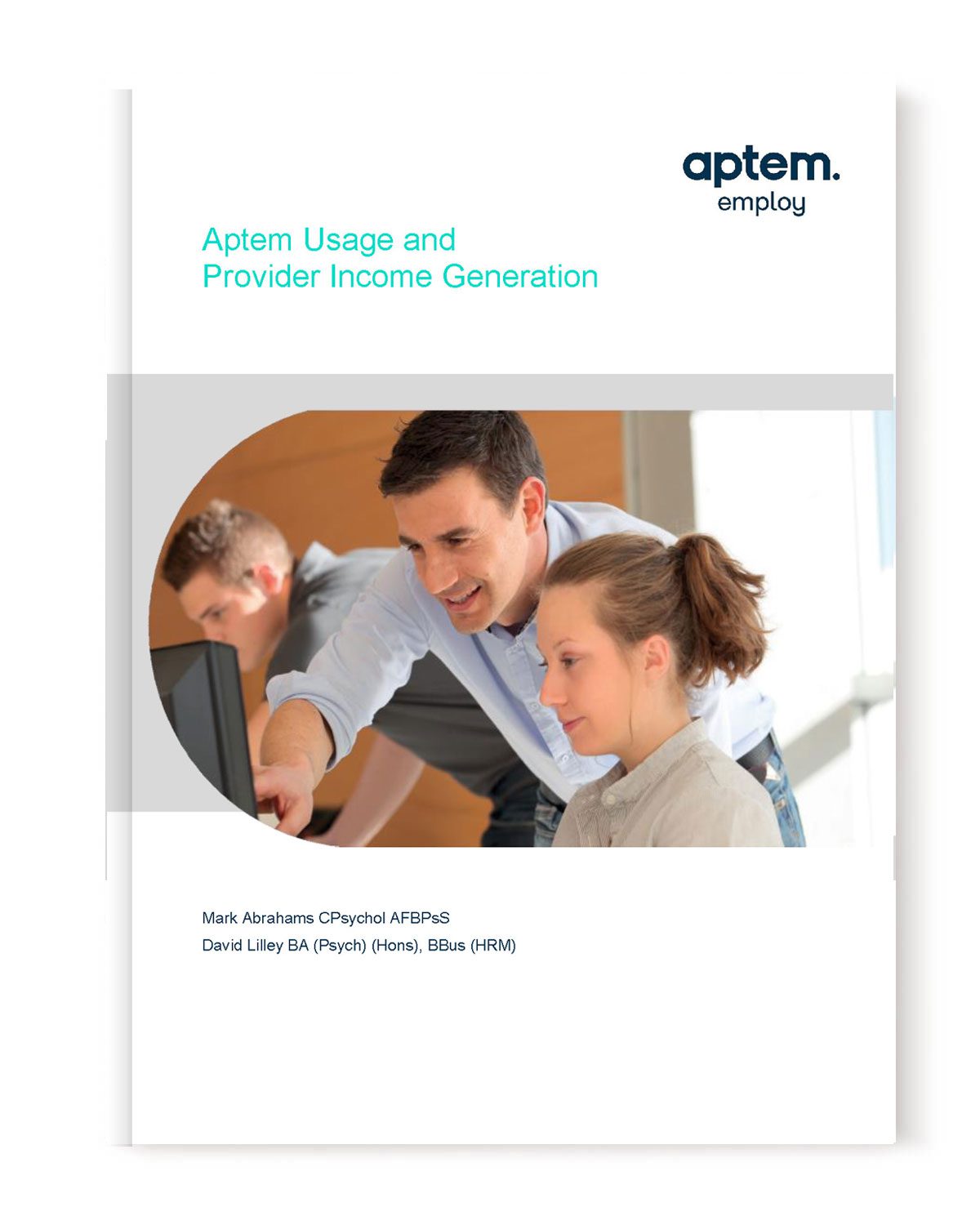Aptem Intelligence Dashboard
2017 to present day
ESFA apprenticeship reporting data is hugely insightful but it is incredibly difficult to extract information. We have created a free dashboarding tool that makes it easy for apprenticeship providers to analyse trends, see offerings gaps, produce competitor analysis, and make data-driven strategic decisions from the ESFA data.




